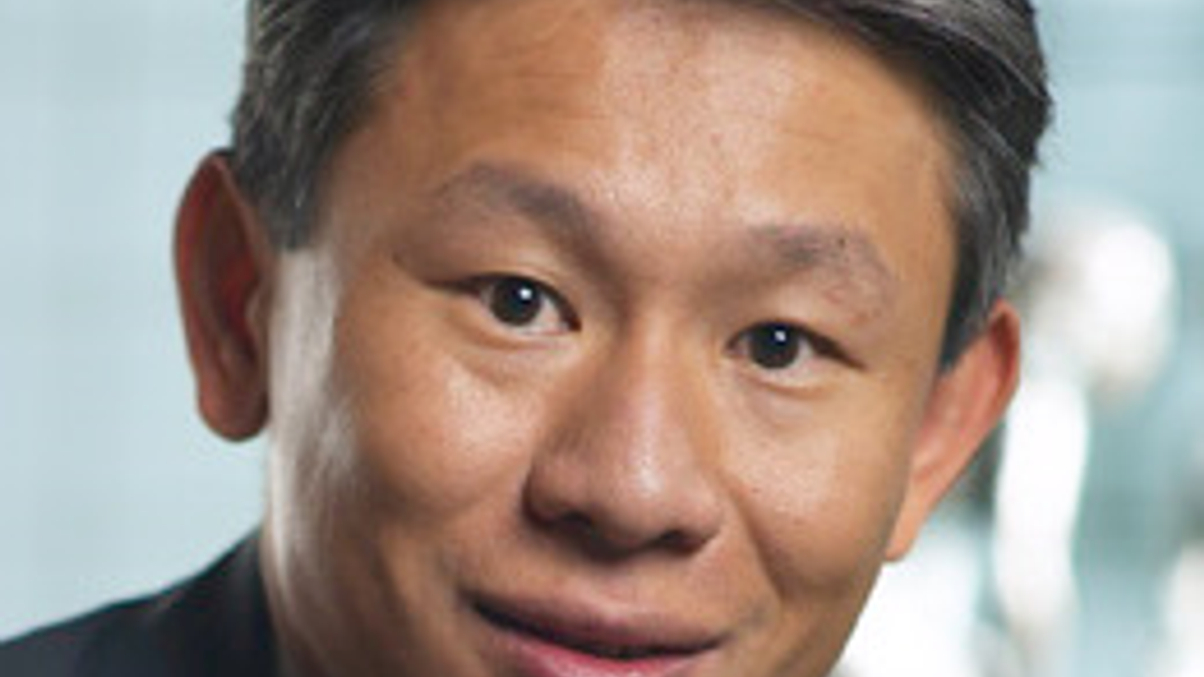HKSI unveils new training initiative for private bankers
The not-for-profit organisation begins an international programme to arm professionals with appropriate skills and adds a Greater China element in response to industry demand.

The Hong Kong Securities Institute (HKSI) has tailored and launched an international training programme in the city to address a recognised skills shortage in the wealth management sector.
Sign in to read on!
Registered users get 2 free articles in 30 days.
Subscribers have full unlimited access to AsianInvestor
Not signed up? New users get 2 free articles per month, plus a 7-day unlimited free trial.
¬ Haymarket Media Limited. All rights reserved.


